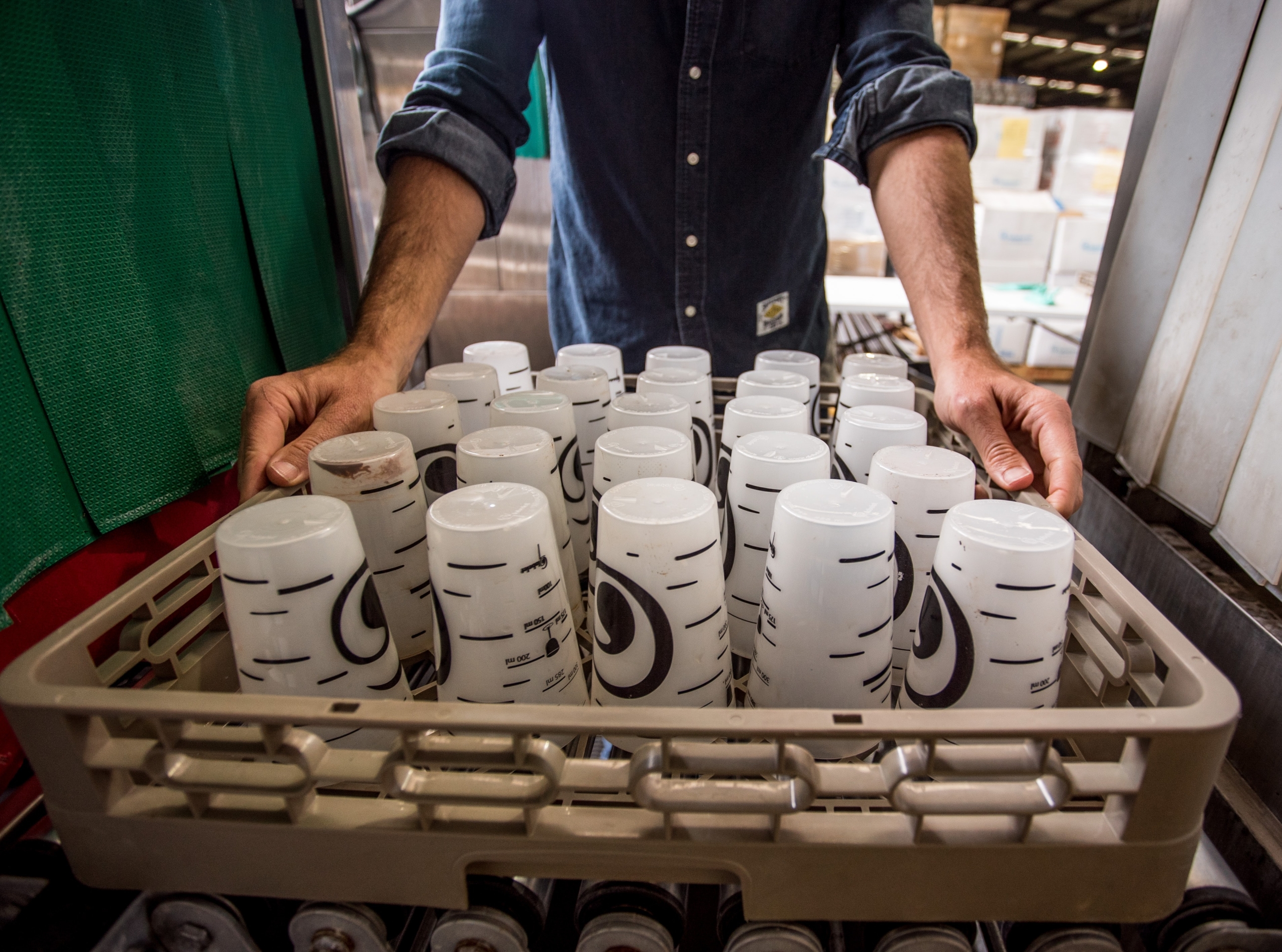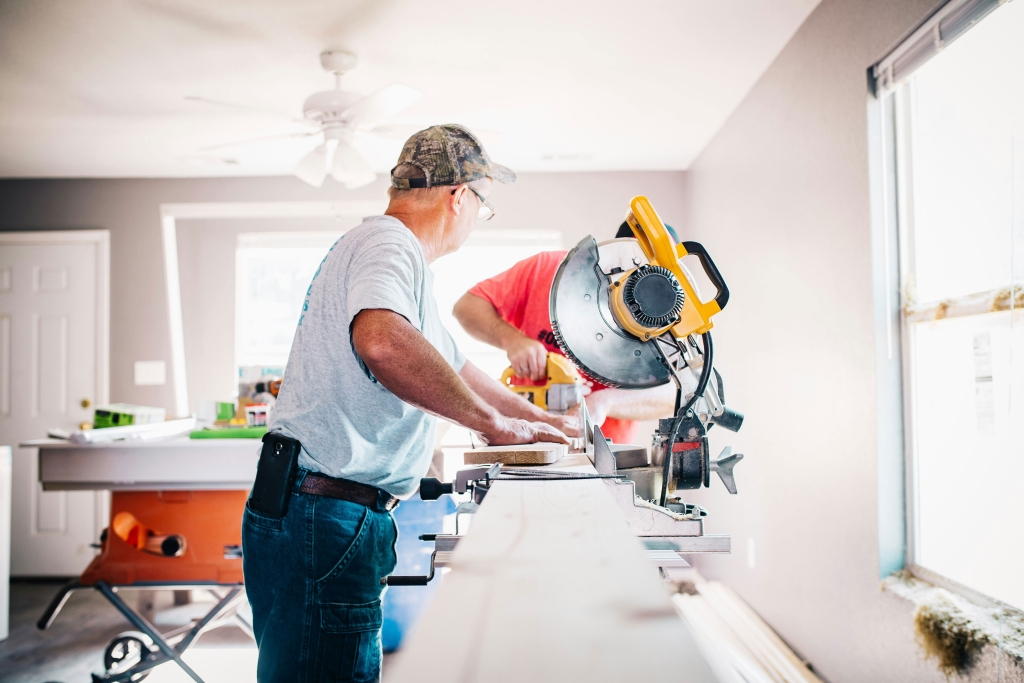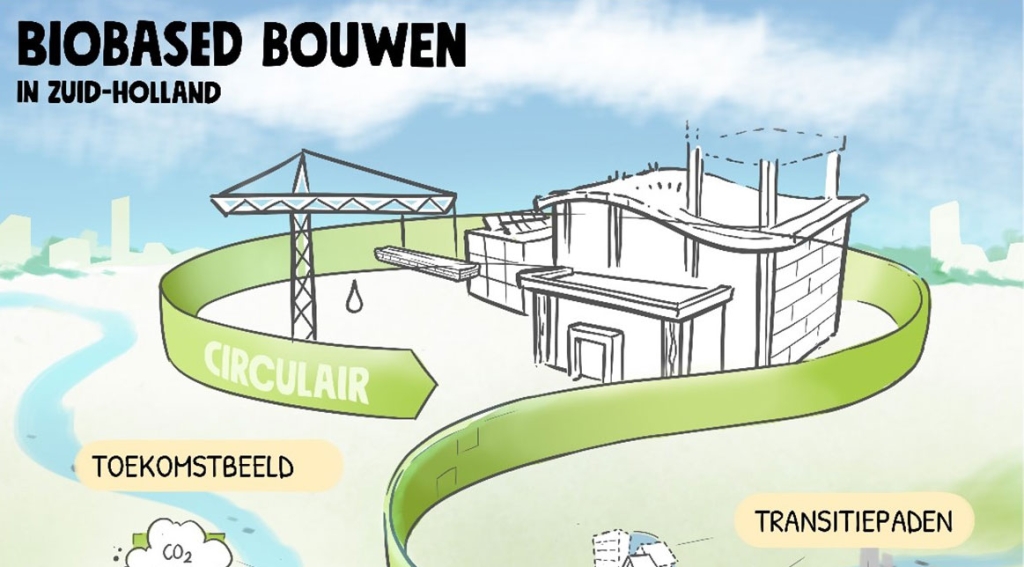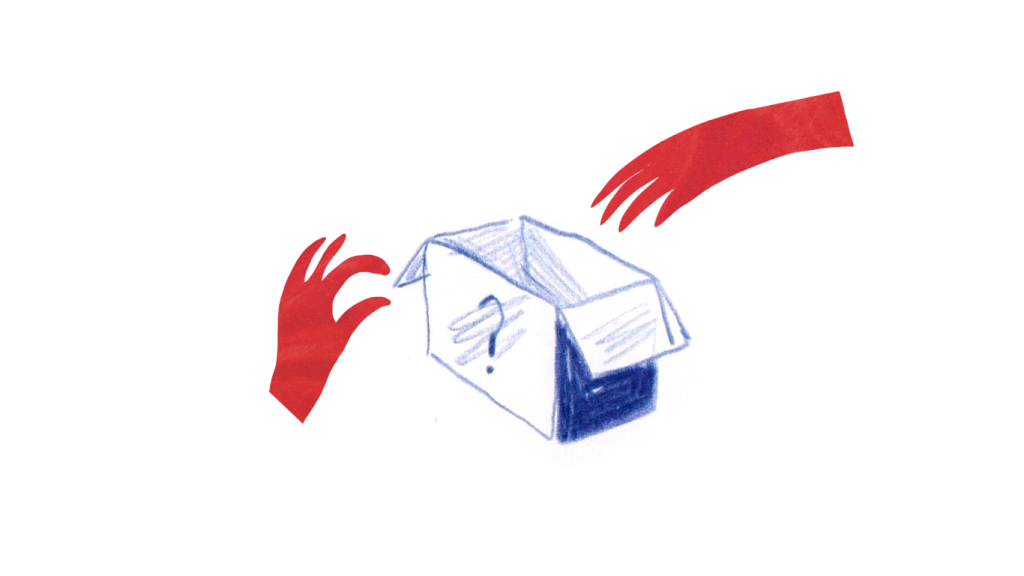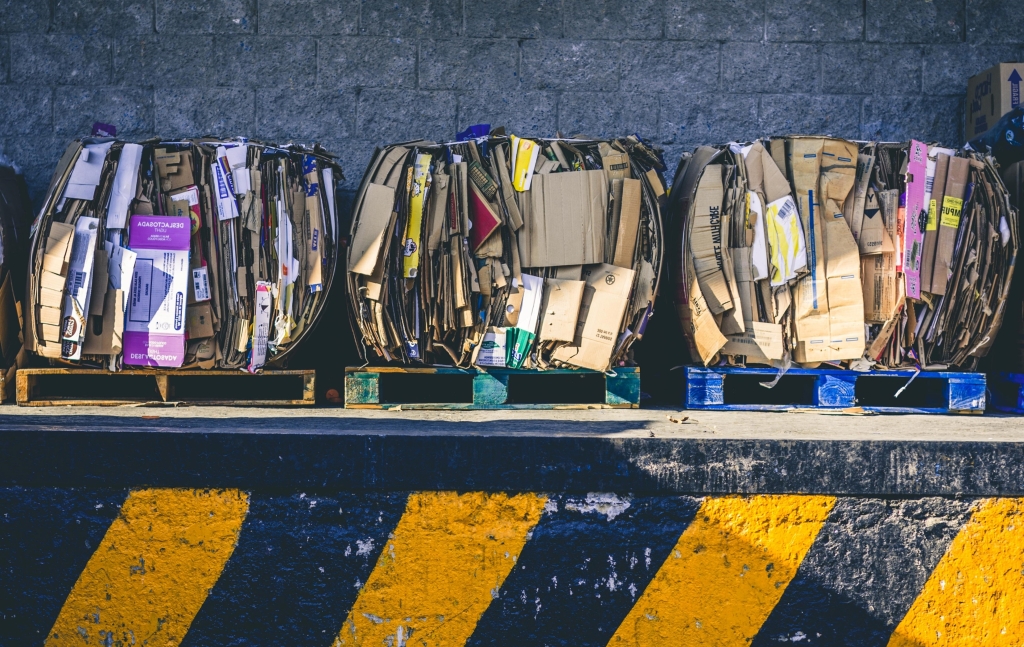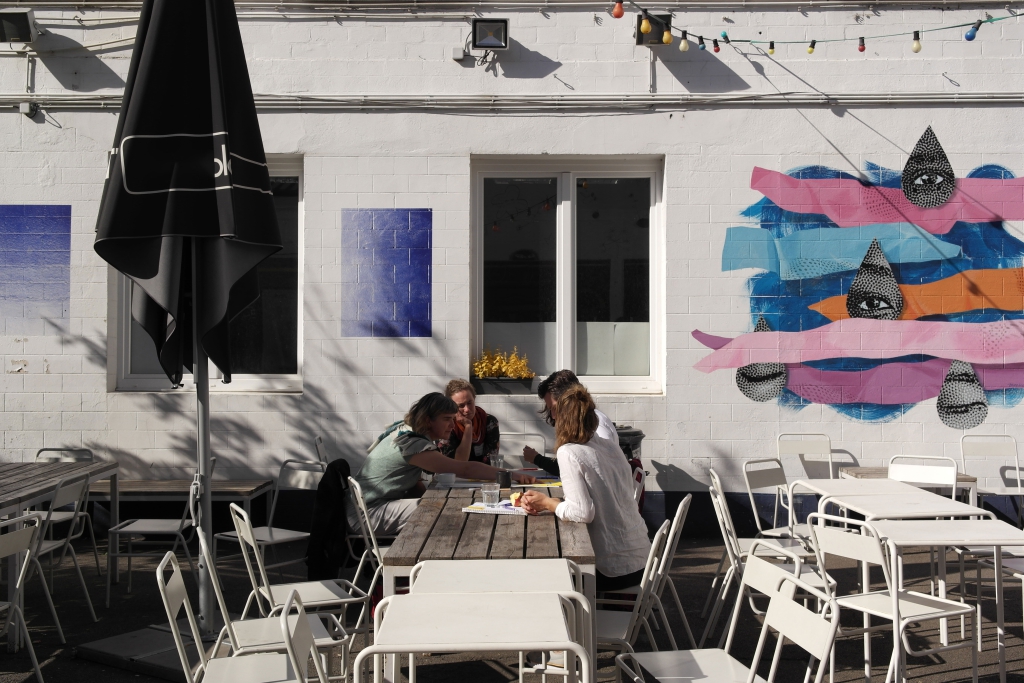The transition to a circular economy is a precondition for achieving the European climate goals in 2050. Numerous organizations and networks have therefore drawn up transition agendas. And many entrepreneurs are doing their utmost to contribute through closing the loop, value chain collaborations and recycling waste.
But the transition to a circular economy calls for a system change that looks beyond raw materials, innovation and business models. It is complex and difficult to oversee:
- What impact does the circular economy have on social systems?
- What is the role of a company, knowledge institution, citizen or government in this new economy?
- Who has what power when property is no longer the default?
- And how do we organize circularity in a just and inclusive way?
